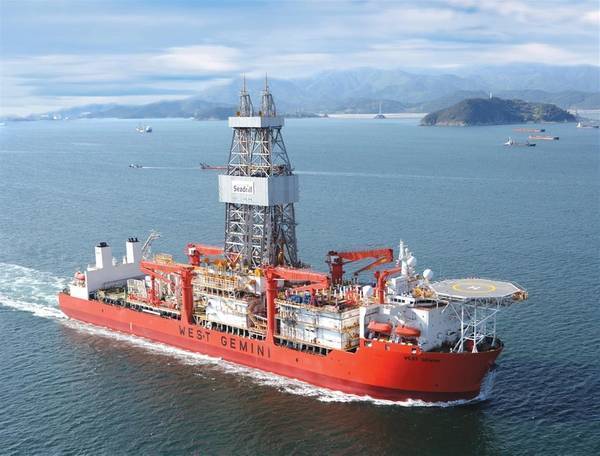A qualitative survey of shipowners conducted by design and engineering consultancy, Houlder, has highlighted that uncertainty is perceived by shipowners as hindering shipping’s energy transition.
Many ship owners recognised an ‘uncertainty dilemma’ – where decarbonisation choices remain highly uncertain, but that with tightening environmental regulations doing nothing is not an option, so they must try to navigate through the fog of decarbonisation and change course if needed.
From the UK to the US and beyond, 2024 has been a bumper year for elections, with voters heading to the polls in at least 64 countries. Some ship owners interviewed mentioned keeping a close eye on how the 47th U.S. president influences their sustainability strategy before making new decarbonisation decisions, while others cited a lack of clarity from the transport departments they collaborate with as delaying progress.
“What’s the definition of domestic shipping going to be, what are the exclusions, inclusions, are they going to do a phased in approach like the EU has… they’ve just got no answers to any of it at the moment,” remarked one passenger ship owner.
Despite uncertainty at a governmental level, interviewees did recognise more certainty at a regulatory level. This is a positive development since the Houlder team last conducted this qualitative survey and workshop with the same set of large and small shipowners from across the container, tanker, bulk, cruise and ferry sectors two years ago.
Views on the EU’s ETS (Emissions Trading System) varied from owner-to-owner. Smaller owners generally saw the ETS becoming increasingly impactful, while larger shipowners tended to feel the EU ETS was already “priced in” to plans but that it is useful as a referenceable price for carbon that can be put into day-to-day operations and business cases.
While many owners were unable to delve into their strategies for FuelEU Maritime, or more likely unwilling to overshare with their competitive aims in mind, the consensus was that they were taking it much more seriously than some other regulations right now. Non-compliance with FuelEU Maritime will mean fines much higher than those incurred from the EU ETS, with a penalty of €2,400 per tonne VLFSO energy equivalent.
“ETS is not a particularly big deal. It’s small penalties compared to FuelEU. What it [FuelEU] has done is shocked businesses into realising the penalties they are going to have to pay if they don’t act on energy efficiency…and then eventually future fuels,” said once respondent. ‘From an R&D point of view, these have helped secure support and budget,’ they continued.
Speaking about the survey, CEO of Houlder, Rupert Hare said: “We can’t let uncertainty become an alibi for inaction on decarbonisation, so we undertook this research to understand better how the wider industry can support shipowners in rising to the challenge. Based on recent conversations and developments it’s clear to us that, in shipping and the energy transition, uncertainty is certain and the industry has to find a coping mechanism.
“Hardly headline news, but with incoming regulations such as FuelEU Maritime, owners are running out of time. They need to accurately simulate scenarios on vessels with information available today to enable informed decision making now – while you can’t be absolutely certain of what’s ahead, you can take useful action to alleviate the anxiety. Surrounded by fog, you’d slow to a crawl without aids to navigation.”
Jonathan Strachan, Chief Technical Officer, added: “We believe 100% certainty is neither possible nor necessary for shipowners to navigate the decarbonisation maze. In fact, those who wait for a perfect route to reveal itself will be left behind. What the leading shipowners are already doing is starting the journey now with the help of partners, remaining agile to change tack if they need to, and keeping well-informed to understand all the possible technological pathways available to them.”
Two years after its previous interviews, Houlder ‘checked in’ with senior executives from ship-owning companies on key sustainable shipping topics including verified clean technology performance data, how the environmental regulatory landscape has changed, and barriers to the scaling of green alternative fuels. Uncertainty materialised as a clear recurring theme and ‘red thread’ when discussing all of those topics.
Source: Houlder Limited






